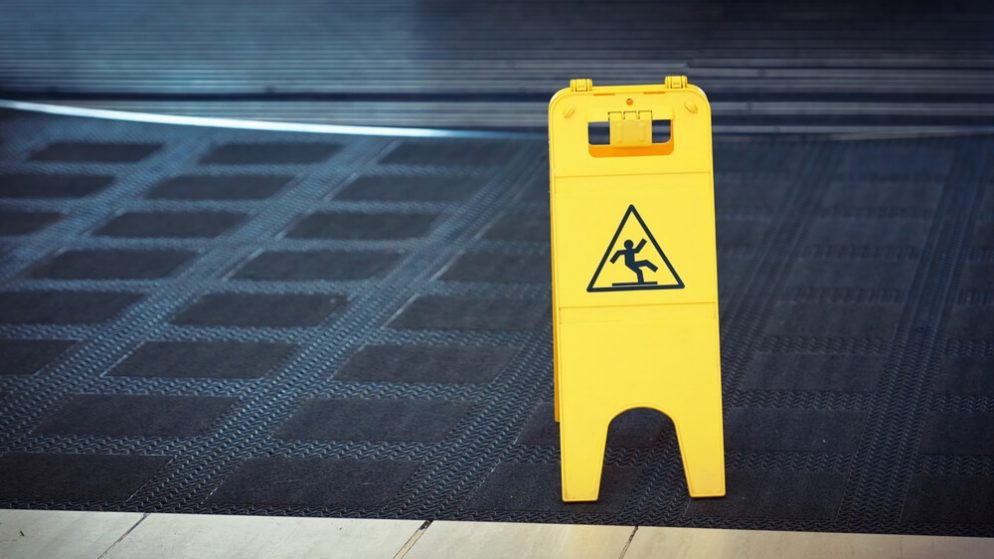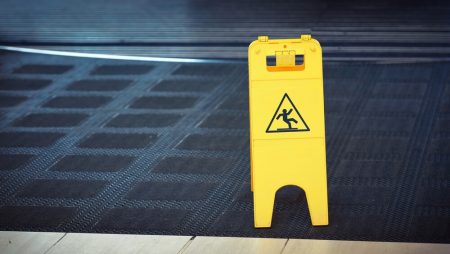



Get new exclusive access to healthcare business reports & breaking news




More than one million Americans are injured yearly in a slip, trip, or fall accident. These accidents often result in severe or life-changing injuries, such as concussions, broken bones, back and neck injuries, and even traumatic brain injuries. Healing from fall injuries can be a slow process, especially when they are not always limited to one part of the body. However, you might improve your chances of a complete recovery by taking some of the following actions.
Seeking legal action for premises liability injuries won’t speed up your healing process, nor will it make your injuries any less severe. However, working with a premises liability attorney might mean you receive compensation for your injuries from the person or organization whose negligence or ill intentions caused them. If you’re adequately compensated, you can put the settlement toward your care costs, ensuring you don’t miss out on the personal health services you desperately need to heal.
Emergency medical care providers can tend to your most pressing issues, but specialists typically take over long-term care to ensure better patient outcomes. If you’ve experienced painful injuries from a slip and fall incident, such as broken bones, back injuries, and concussions, seek specialist help to learn about options for a faster recovery. For example, recovering from concussions can often take a long time, with people experiencing uncomfortable symptoms like headaches, nausea, confusion, and dizziness. By seeking help from a specialist, such as a neurologist, you might learn the best treatment options to help you return to total health.
Healthcare professionals don’t provide instructions for the sake of it. They want you to heal from your injuries and provide recommendations like rest, exercise, and time off work. Failure to follow their directions might mean it takes longer to recover from your injuries, especially if you do the opposite of what they’ve recommended.
Specialists can help diagnose and treat slip and fall-related injuries, but they can also assist with symptom management. Work with them to develop a plan for managing symptoms like pain and stiffness. Meditation, massages, hot and cold treatment, and prescription pain medication may all be options they recommend. If some management techniques don’t work, they might recommend alternative options to accelerate the healing process and help you regain a sense of normalcy.
Food plays an integral role in rehabilitation and recovery, so don’t underestimate the importance of nourishing your body with food that might help you recover from slip and fall-related injuries. Anti-inflammatory foods like broccoli, mushrooms, avocados, and fatty fish, are a core part of an injury recovery diet. Protein-rich foods might also help sustain your energy levels, like lean beef, tuna, eggs, and cottage cheese. If you need prebiotics and probiotics after surgery, berries, turmeric powder, vegetables, and fresh fruit, might all be worth adding to your shopping list.
Healing from slip and fall injuries can often be a slow process, particularly when you’re trying to heal on your own. By nourishing your body, working with experts, and following all recommendations, it might only be a matter of time before you can put your painful injuries behind you and focus on the future.